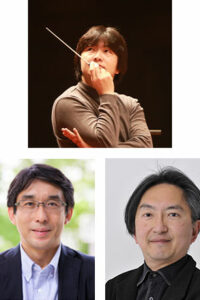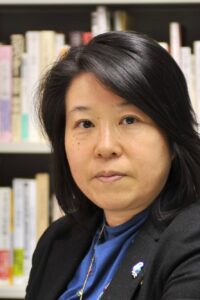
Yamada Kazuki, Principal Conductor and Artistic Director of Orchestre Philharmonique de Monte-Carlo, and Principal Guest Conductor of the City of Birmingham Symphony Orchestra Interviewed by Katayama Morihide, Professor of Keio University and Sakura Osamu, Professor of the University of Tokyo The Yamada Kazuki Anthem Project, Road to 2020 (hereinafter Anthem Project) is a plan to record 206 national anthems onto CD in the run up to the Tokyo 2020 Olympic and Paralympic Games. The project was devised and brought together by conductor Yamada Kazuki, who was the winner of the first prize at the 51st International Competition for Young Conductors and the public prize in Besançon (2009). It came to fruition in November 2020 with a CD set, “Sekai no kokka–Utau chikyugi (National Anthems of the World–Song Globe)” (sold by King Records Co. Ltd.), which was created through cooperation and performances involving Yamada, ... ... [Read more]

